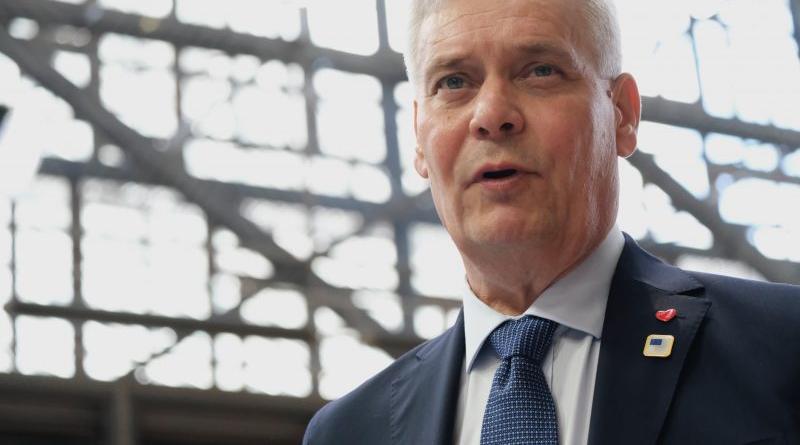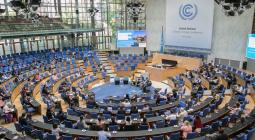Finnish PM calls for ‘heroic act’ to solve climate crisis.

“Solving the climate crisis could be Europe’s next heroic act,“ Finland’s Antti Rinne wrote in a blog post marking the start of his country’s EU presidency, suggesting a deal on the bloc’s 2050 climate objective could be reached in the coming six months.
Rinne promises “to strive for” solutions on climate change during Finland’s EU presidency, which ends on 31 December. “The time for solutions is now,” he wrote in a blog post published on the Finnish Presidency’s website.
A European Commission proposal to reach net-zero carbon emissions by 2050 narrowly failed to reach consensus last June, receiving backing from all but four EU member states.
But the 2050 objective isn’t off the negotiating table, Rinne wrote, referring to the school strike movement which started in Finland’s neighbouring country Sweden. Young people across Europe have one message for decision-makers, he said: “Make decisions to save the future of humanity and our planet”.
“During Finland’s presidency, not only are we going to listen to young people’s concerns, we’re going to answer them,” Rinne said.
“Some people have asked me why the Finnish Government Programme starts with the words ‘Climate change’. My answer is very simple. The Government Programme starts with climate change because we don’t want climate change to mark the end,” he wrote.
Back home in Finland, Rinne’s government recently set itself the goal to reach carbon neutrality – reducing emission to below the amount that can be absorbed by nature and new technology – by 2035.
That’s one of the most ambitious climate benchmarks within the EU and, if reached, would be fifteen years ahead of the 2050 deadline aimed for by the EU’s potential climate deal.
Twenty-four member states backed the agreement on carbon neutrality at an EU summit in late June while four countries vetoed it – the Czech Republic, Estonia, Hungary and Poland.
Since then, the so-called Visegrad Four countries have signalled willingness to sign the deal if their conditions are met, EURACTIV reported.
Poland, backed by the Czech Republic, suggested a compensation mechanism to balance out the financial costs of an energy transition through the EU budget.
A ‘Just Transition Fund’ is likely to be part of the next multiannual financial framework (MFF) and could be awarded up to €5 billion. Hungary insists nuclear power should be included in the bloc’s deal on energy transition.
The current timeline set by heads of state and government says that preparatory work on a revised climate agreement should be finished in 2019. The final deal could then be signed in early 2020 by all member states. High-level talks will resume at the EU summit meeting next October.
And Rinne seems confident that a solution is within reach. “During Finland’s presidency, we want to show that political will – the most important resource needed to halt climate change – is a renewable resource and not about to run out,” he said.
2 July 2019
![]()


